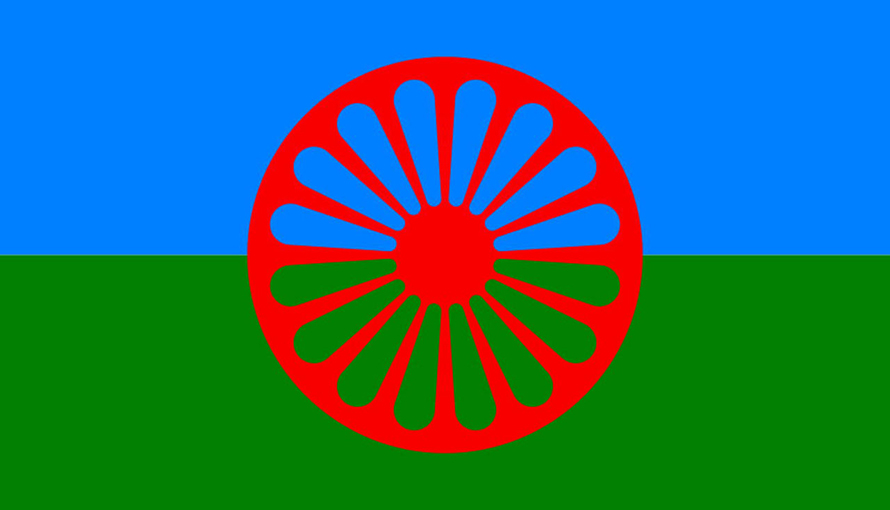
The European Court of Human Rights has issued a judgment against Hungary for the racial segregation of Romani children in the Jókai Mór Primary School in Piliscsaba.
The case was brought by Imre Szolcsán, a Romani student who attended the school, and complained of segregation and poor teaching. When his request to transfer to a non-segregated local school was denied, he brought his case to a domestic court with the support of the Chance for Children Foundation, and later to the European Court of Human Rights (ECtHR) with the support of the European Roma Rights Centre (ERRC). The Court found that his right to education had been violated in conjunction with his right to non-discrimination (Article 2 Protocol 1 taken with Article 14 respectively). Hungary must desegregate the school and pay Imre Szolcsán €7000 in damages.
Adél Kegye, the ERRC’s lawyer who has represented the family since 2014, said that “today’s decision sets a precedent because, in addition to finding that the boy is a victim of educational racial segregation, the court also obliged the Government to put an end to segregated education in Jókai Mór Primary School. More importantly, they have to develop public policy measures aimed at ending racial segregation in education beyond the school concerned, based on the proposals of international organisations. The European Court also found that the Hungarian courts did not enforce aspects of children’s rights correctly, and they did not consider what would have been in Imre’s best interests.”
Imréné Szolcsán, the mother of Imre, said that although this judgment cannot change the past, it still brought some kind of satisfaction after the humiliating treatment. Part of the compensation will be used to educate Imre, who is currently 17 years old and studying to become a welder at a vocational school in Esztergom.
The case began in the 2013-2014 school year, when Imre was attending a Roma-only State school in his village. It was well-known that the school was segregated, and the authorities had agreed to stop enrolling new students there as part of a desegregation programme. In reality, the school was still enrolling new pupils. There was no other State school in the village, only a Catholic school and a German-minority school.
The boy’s mother wanted him to study at a non-segregated school. So, with the help of the Chance for Children Foundation, they tried to enrol him in the nearby non-segregated Dózsa György school. The other school refused to enrol him, stating that he did not live in the school’s catchment area. While that was true, schools in Hungary have the discretion to enrol a child from outside the catchment area. The applicant appealed his case all the way up to Hungary’s Supreme Court and to the Constitutional Court, arguing that the school should have exercised its discretion to enrol him, so that he could avoid being in a segregated school. Where the national courts in Hungary refused his appeals, the European Court has now ruled in his favour and in the process set a precedent for further change in the illegal segregated education of Romani children across Hungary.
Hungary remains the subject of an ongoing infringement procedure by the European Commission for the systemic segregation of Romani children in education. This case further affirms the rights of Romani children to be educated in a quality, integrated learning environment. It also adds further pressure to the Hungarian government to fulfil its commitments to the desegregation of education for its Romani citizens.
The case was represented at a domestic level by Adél Kegye and the application before the European Court of Human Rights was brought by the ERRC’s Legal Consultant, Judit Geller.
Redaktionen
redaktionen@dikko.nu
Att vara en oberoende tidning kostar pengar så vill du hjälpa oss med att betala vårt fika får du gärna swisha en slant till 123 242 83 40 eller bg: 5534-0046
Vill du annonsera eller sponsra, synas eller höras i våra media?
Kontakta oss på redaktionen@dikko.nu
eller ring 0768 44 51 61
IBAN: SE19 9500 0099 6042 1813 4395
BIC: NDEASESS




